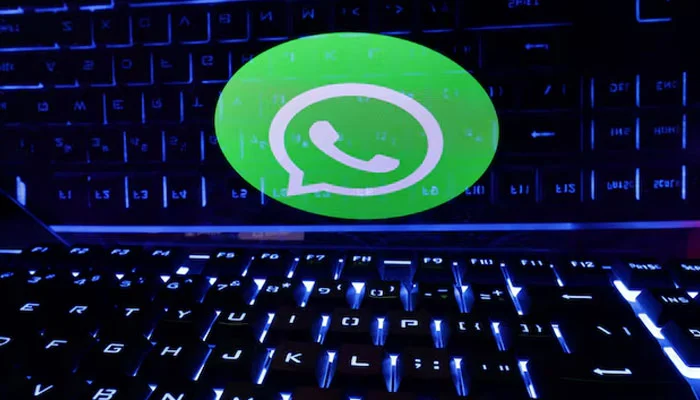
WhatsApp Banned on US House of Representatives Devices, Shows Memo
A recent internal memo from the Chief Administrative Officer (CAO) of the U.S. House of Representatives has revealed that WhatsApp, the globally popular messaging app owned by Meta, has been officially banned on House-issued mobile devices. The decision, attributed to ongoing security concerns and potential risks related to data privacy, underscores growing caution within the U.S. government over foreign and private digital communication platforms.
The memo, circulated to all House offices, states that WhatsApp is “not authorized for use or installation on House mobile phones” effective immediately. Staffers and lawmakers are advised to remove the application from any official device and are barred from using it for any congressional communications or work-related correspondence.
Concerns Over Data Security and Encryption
While WhatsApp is widely known for its end-to-end encryption, which is marketed as a core privacy feature, lawmakers and cybersecurity experts have voiced concerns about the app’s data handling policies. Critics argue that metadata — including who is messaging whom, at what time, and from where — can still be collected and shared, particularly given Meta’s history of data-related controversies.
A House cybersecurity official, speaking on condition of anonymity, said that “despite its encryption, WhatsApp poses risks in terms of metadata exposure, third-party access, and insufficient compliance with federal record-keeping regulations.” The official added that the ban is part of a broader effort to tighten digital security protocols within congressional operations.
Part of a Broader Government Crackdown
The move follows a pattern of increasing scrutiny over foreign and private tech platforms within U.S. federal institutions. In recent years, other platforms such as TikTok, Telegram, and WeChat have faced partial or full bans on government devices, often due to concerns about their ties to foreign governments or lack of transparency in data practices.
Though WhatsApp is not based in a foreign country considered hostile to U.S. interests, its parent company Meta has come under intense examination by both Republican and Democratic lawmakers. Multiple hearings and reports have questioned Meta’s ability to prevent data misuse and protect user privacy on platforms like Facebook, Instagram, and WhatsApp.
The ban also aligns with recent recommendations from federal cybersecurity advisory panels, which have suggested minimizing the use of commercial messaging apps in official government communication, especially those not hosted on secure U.S.-based servers or lacking robust audit trails.
House Staff and Lawmakers React
Initial reactions from congressional staffers have been mixed. Some expressed frustration over losing a convenient and widely-used communication tool, while others acknowledged the necessity of prioritizing national cybersecurity.
A senior House aide noted, “We use WhatsApp because it’s fast and everyone has it, but we also understand the risks. If this helps prevent breaches or vulnerabilities, it’s the right call.”
Others raised concerns about the transition to approved platforms, questioning whether the alternatives offered the same ease of use. Currently, the House allows the use of Signal and Microsoft Teams for secure communications, both of which offer enhanced control over data access and retention.
Meta Yet to Respond Officially
As of now, Meta has not issued a formal statement regarding the House of Representatives’ ban on WhatsApp. The company has consistently defended WhatsApp’s security protocols, emphasizing its end-to-end encryption and regular updates aimed at protecting user data. In previous cases where WhatsApp faced restrictions, Meta argued that the app remains a vital tool for global communication and that its encryption technology prevents even the company itself from accessing message content.
Still, analysts point out that Meta’s assurances may not be sufficient to meet the stringent requirements of government-level data security, especially in an era where cyberattacks against public institutions are on the rise.
Looking Ahead: Implications for Other Institutions
The House’s decision may prompt other branches of government, as well as state-level agencies, to reassess the use of commercial messaging platforms on official devices. It also signals that digital communication policies are likely to become more stringent across the public sector, with a growing focus on minimizing exposure to third-party platforms not specifically designed for government use.
As cybersecurity remains a top priority in legislative and administrative environments, the ban on WhatsApp marks another step toward tightening control over how sensitive communications are conducted within the U.S. government.








